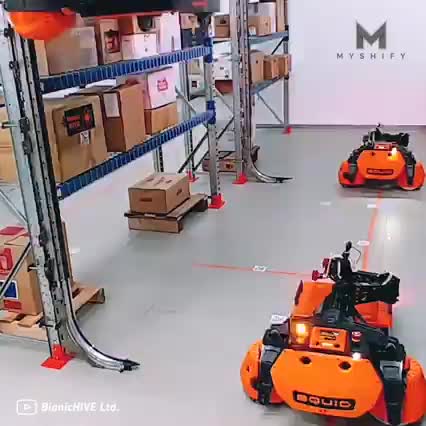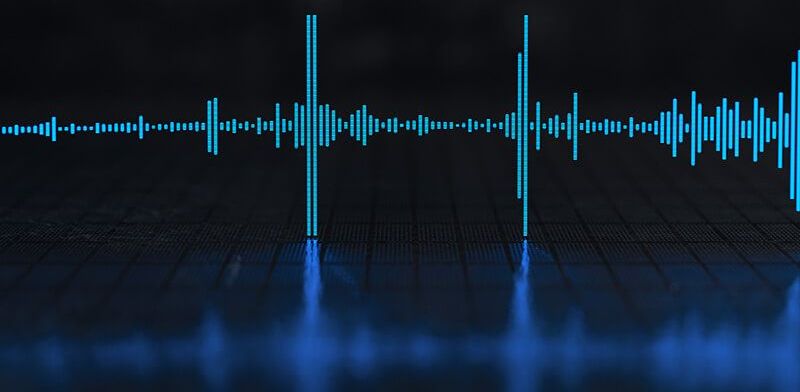OEC promoting STEM education in Nigeria.
Natural language processing is on the cusp of changing our relationship with machines forever.

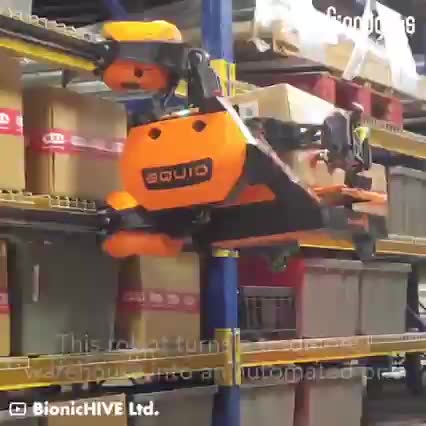
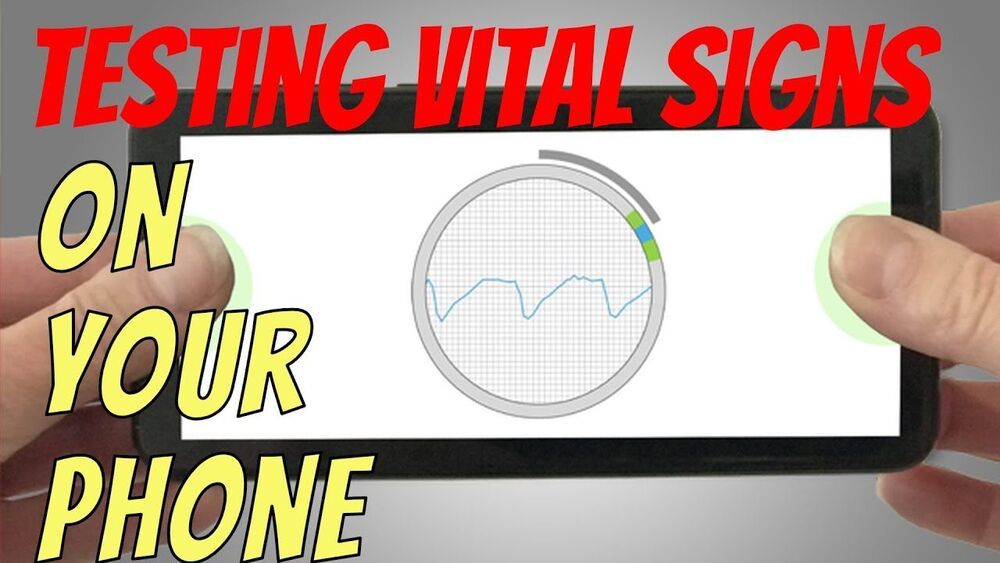
Monitoring your vital signs is becoming easier and easier these days, critical if you want to keep track of your general health and well being, and incredibly useful if you want to see how a life style, or dietary, change is playing out. In this video I look at two new companies that are utilising mobile phones to measure a whole raft of biometric data, simply and easily, and clinically tested to deliver medical-grade accuracy. And these are just first generation versions, who knows where this will take us, and what we will be able to monitor quickly and easily in the next few years.
Medical Diagnosis Software With Just A Smart PhoneIn the near future, your phone or a wearable of some description, will constantly be able to monitor all your health signs continuously ready to alert you to any worrying signs, and what they can do today is just the beginning of where we are heading.
With AI powered deep learning and other computing techniques, more and more analysis will become easily and quickly measured at home, so you can track all your biomarkers and vital signs so you can see how you are reacting to a new treatment, or a lifestyle change, or anything else you wish to know about.
If you haven’t already seen it why not check out this video on the other technologies that are set to revolutionise our lives in the next decade.

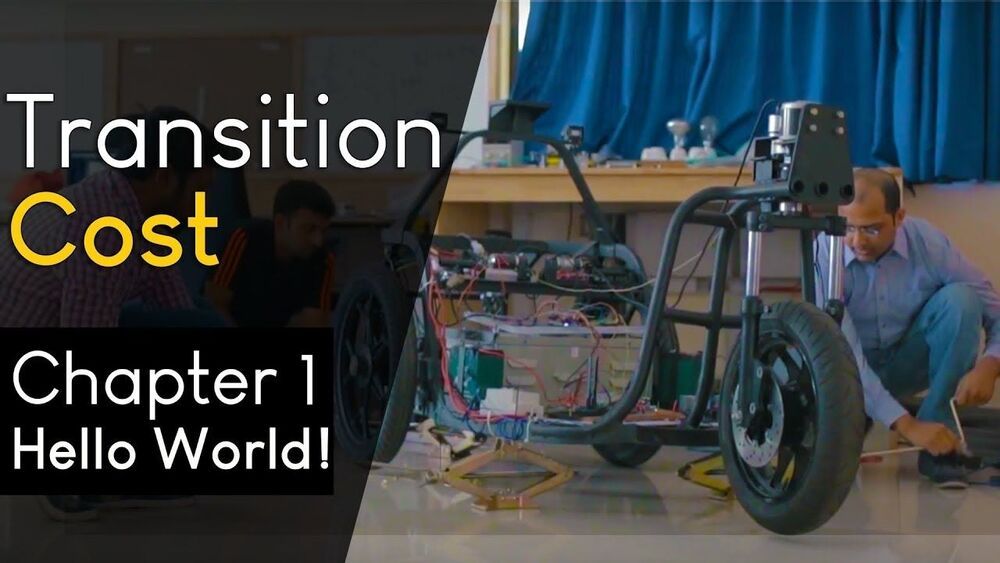
Bronstein’s paper highlighted how research in many scientific fields such as computational social science, sensors network, physics, and healthcare calls for exploring non-Euclidean data.

Privacy remains an issue, because artificial intelligence requires data to learn patterns and make decisions. But researchers are developing methods to use our data without actually seeing it — so-called federated learning, for example — or encrypt it in ways that currently can’t be hacked.
Many of us already live with artificial intelligence now, but researchers say interactions with the technology will become increasingly personalized.

Band names often come about in weird and wonderful ways. Black Sabbath’s Geezer Butler named the band after a Boris Karloff horror flick, while Led Zeppelin took inspiration from a prediction about how the group might fare (Keith Moon apparently said they’d go down “like a lead balloon”). And then there’s Nickelback, excitingly named after a tradition in which singer Chad Kroeger – then a Starbucks employee – would give his customers a “nickel back” in change.
Sometimes finding the inspiration that will define your band isn’t always such a natural process. Step in This Band Isn’t Real, a Twitter account that generates fake band names and fake album titles via artificial intelligence. It even generates the appropriate artwork.

Circa 2016
The tire of the future is a ball. An unbelievably sophisticated, nature-inspired, magnetic-levitation-infused ball. Goodyear just revealed its vision for a concept tire that’s intended for the self-driving car of tomorrow. It’s called Eagle-360, and it’s totally round.
